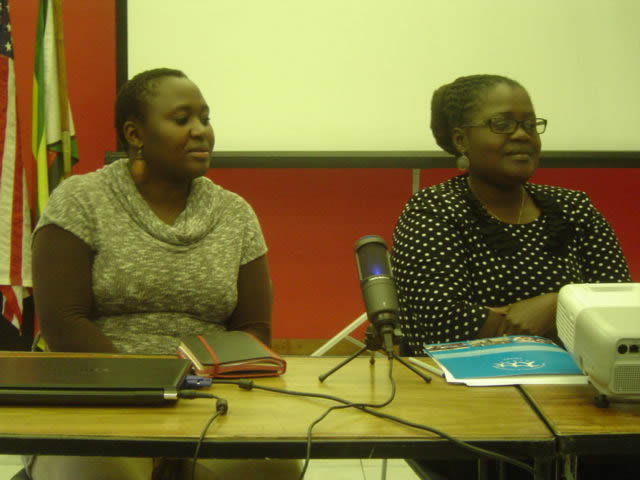Most countries reserve a date on their calendars to celebrate Mother’s Day and it occurs on various dates and goes with distinctive names. In Zimbabwe, as with some other countries like the USA, the celebration is on Sunday 13th of May. This year marks my first celebration as a mother, and of course, I will continue to observe it as a daughter. Being a mom is very difficult especially in developing countries where the availability of resources is limited for mothers to provide for their children. Some mothers actually do not get the right nutrition they require during pregnancy and as such the child will fail to get good nutrition too when they are born.
In a report on world rankings released recently by Save the Children, on the Status of the World’s Mothers, Norway tops the list and Niger is the last on the list. Norway is therefore ranked as the best place to be a mom in the world. It is important to note too that in 2010 Norway was ranked the best place to live in the world. According to the Status of the World’s Mothers Report, Norway ranks among the very best on contraceptive use, female education, political representation and has one of the most generous maternity leave policies. Niger is last on the index and is regarded as the worst place to be a mom in the world. Niger, a country in West Africa is faced with hunger thus a posing major threat to children’s lives. In comparison of the two countries, the child mortality rate in Niger is one in six, versus one in 333 in Norway.
Save the Children is an international organisation dedicated to creating lasting change in the lives of children in need around the world. The report, which reveals the Best and Worst Places to Be Mom examines165 countries, with 122 being developing countries. Factors used to determine the rankings were examination of maternal care, education of mothers, economic status of the country, health and nutrition of children, lifetime risk of dying from childbirth, mortality rate of children and maternity leave policies among others. According to Save the Children concentration was turned to mothers because, “the quality of children’s lives depends on the health, security and well-being of their mothers”.
In the 2011 report, Zimbabwe in Tier II of less developed countries was ranked 70 out of 79 countries. Other African countries in Tier II of the 2011 report include Nigeria, Namibia, and Botswana. According to the Status of World’s Mothers Report 2011, the lifetime risk of maternal death is one in forty-two. The percentage of births attended by skilled health professionals was 60%.
The 2012 report did not only focus on rankings but it went further to offer solutions and recommendations. Where hunger is rife in developing countries, Save the Children recommended the solution of breastfeeding. Regularly breastfeeding newborns helps to combat malnutrition in children and lives can be saved, said the report. Other recommendations in the report included investing in frontline health workers, investing in girls’ education, maintaining better hygiene and supplementing meals with iron foliate, zinc and vitamin A.
In my own personal experience in Zimbabwe, I have met mothers who give birth without having seen a doctor or a nurse and the worst scenarios being that of mothers who give birth outside the health system. This is largely due to a lack of money to pay for maternity services rendered at health care institutions. However, with the launch of UNICEF’s Health Transition Fund for Zimbabwe which will see pregnant women and children under five years receive free medical health care at government hospital and clinics there is much anticipation for an improvement in the maternal health care of the country. With this initiative and others taking place in the country we should see Zimbabwe climb a step or two up the rankings.










